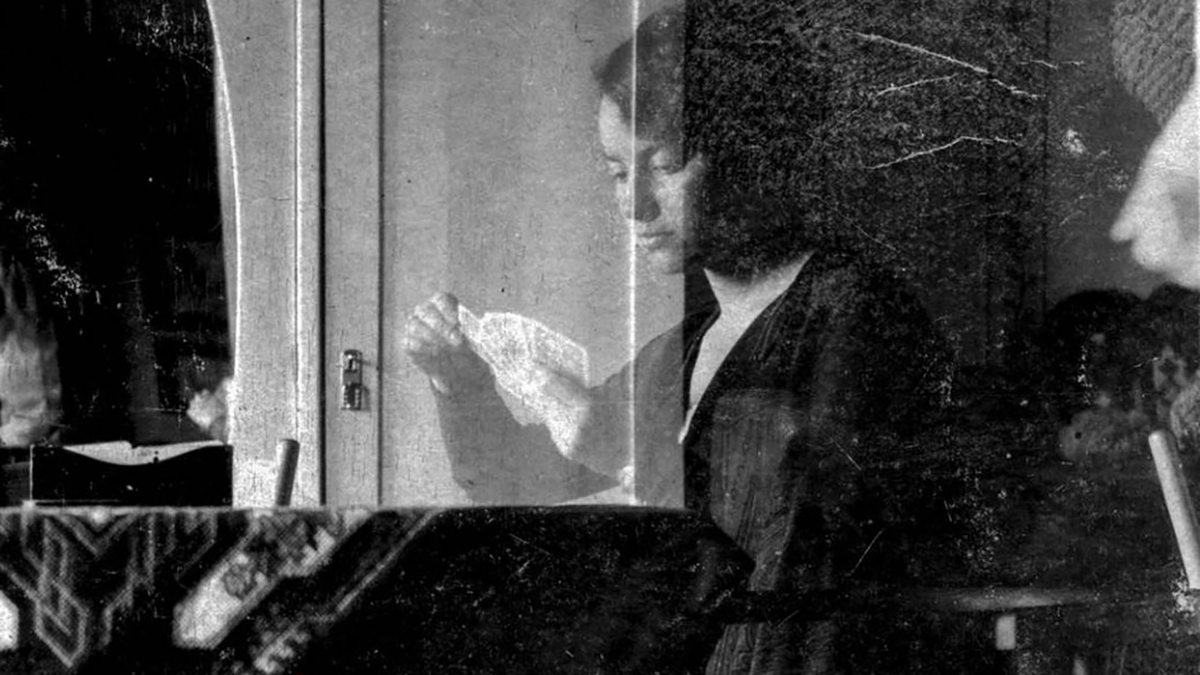
How dreams were denied by Hungary’s numerus clausus law
Margit Kovács dreamed of becoming a doctor, but Hungary’s discriminatory law forced her, and thousands of Jewish women, to find education elsewhere.
In the early 1930’s, Margit Kovács (“Gréti”) was a typical middle-class girl in Budapest––learning to play the piano, studying French, and ice skating at Nagyrét. From a young age, she was smart. “I passed the fourth elementary grade with flying colors,” she said in an interview for the Shoah Foundation in 2000. Gréti graduated from Veres Pálné High School in Budapest, with top marks, in 1936. She had planned to do well, so she could go to college. “I wanted to be a doctor so much,” she said, “and a pediatrician at that.”
In September, 1920, a law was passed in Hungary curbing the enrollment of Jewish students in universities. Titled “Law XXV,” the numerus clausus law marked the “earliest instance of anti-Jewish legislation in Europe,” according to Judith Szapor, professor of history at McGill University, in Montreal.
The law marked a reversal of the freedoms earned in the previous, more liberal era. In 1867, Jews were officially integrated into society, becoming equal in the eyes of the law. But when the right-wing Horthy government took power in January 1920, there was a backlash. With the numerus clausus edict, a quota of 6% of admission for Jewish students, based on the percentage of Jews by religion in the general population, drastically reduced the high representation of Jewish students at Hungarian universities. And the 6% were just from the fraction of those Jewish students who were eligible to enroll.
University administrators also cracked down on any perceived threat to the political regime by deeming “upstanding loyalty to nation” a requirement for university enrollment. Right-wing student militias sat on admissions committees, Szapor said, and could weed out any “suspected member of a liberal student organization, a participant in the revolutions,” she wrote, without even granting the applicant an interview.
The numerus clauses law was promoted by university leaders, who discouraged left-wing and Jewish applicants, and also dissuaded women from applying to universities.
Overnight, university enrollment of Jews dropped from the previous 20-30% to around 6%. Because of the law, many Jewish students were forced to either drop their plans, or to study elsewhere. Between 1920 and 1938, 10,000 students traveled abroad – to countries like Austria Italy, France, and anywhere else that would welcome them. While the law changed in 1928 to end the official cap of students, this was simply a modification “in its letter but not its practice,” according to Szapor, and university enrollments for Jews and women continued to be limited by university administrators, until the late 1930’s.
How did Gréti's fate unfold? Why did women like her, who were banned from Hungarian universities, find it harder to go abroad and then turn to leftist movements? The rest of the article reveals the answer.